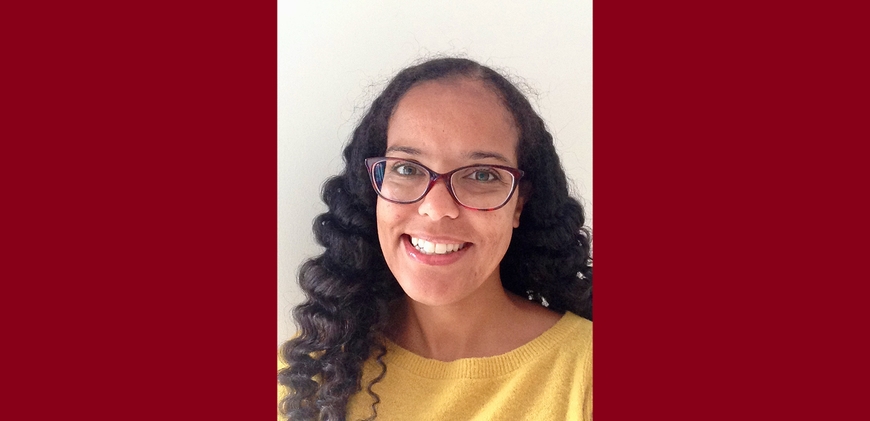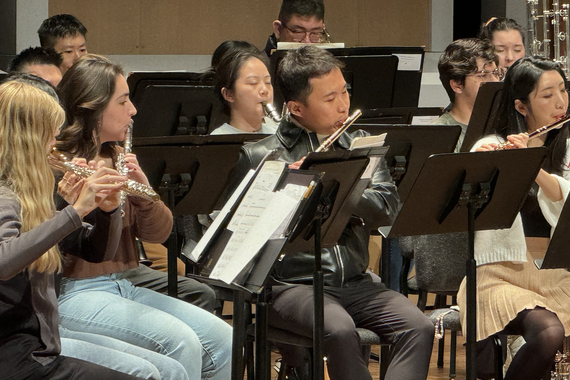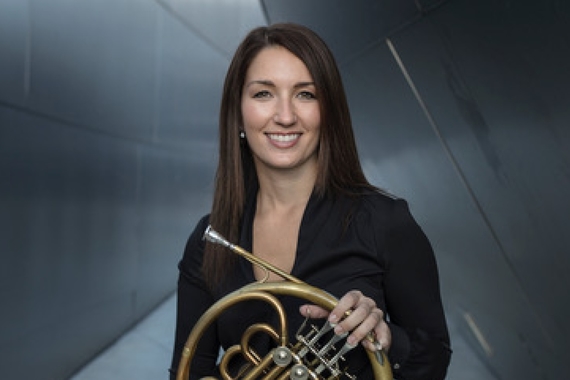Learning From the Community Practices of BIPOC Arts and Music Organizations
How have the leaders of local BIPOC arts organizations sustained or deepend ties to their BIPOC communities during the COVID-19 pandemic and the aftermath of George Floyd’s murder? Shekela Wanyama (DMA, choral conducting) examines this question as part of her final recital project, “Our Magnitude and Bond: Working Practices of BIPOC Performing Arts Leaders in the Twin Cities." Wanyama received a 2021 School of Music Graduate Summer Fellowship for her project and discusses the inspiration and questions guiding her research. Her project will culminate in a community-based and interdisciplinary concert. Wanyama was inspired by the “incredibly vibrant and diverse arts scene” in the Twin Cities, but decided to focus on less prominent programs instead of the larger arts institutions which receive more attention.
Can you tell us about your recital project, and the aspects you are most looking forward to this summer?
SW: This summer I will be speaking with and documenting the administrative and artistic practices of local BIPOC arts leaders who are also engaged in community-based and equity-centered work. This is the first stage of a two year process to develop a community-based and interdisciplinary concert as my final recital project at the University of Minnesota. I am looking forward to observing artists and communities as they emerge from the initial challenges of COVID-19 and begin to cobble together the upcoming performance seasons. What have they learned? What have they tried that is new? What will they retain and carry forward? Mostly, I look forward to being in community with BIPOC artists as we heal, mourn, advocate, create, teach, strategize, cultivate joy, and continue to perform during these times of trauma and growth for our communities.
What role does connecting with the local community play in your project?
SW: The Twin Cities has an incredibly vibrant and diverse arts scene, and the larger organizations receive a fair amount of notoriety. In this project, I am really focused on smaller organizations and arts leaders that have close ties to BIPOC communities historically and how they have sustained or deepened those ties in the last 18 months during COVID-19 and the aftermath of George Floyd's murder. Our BIPOC communities are the inspiration and reason for this project.
Can you describe the kinds of working practices you’re hoping to study of BIPOC performing arts leaders in the Twin Cities?
SW: As a BIPOC artist and educator, my approach to creativity, teaching, and learning is heavily influenced by my cultural background and life experiences. My perspectives as a conductor and music educator often contain nuances and ideas not present in the dominant curricula and in the classical music field. Major educational and cultural institutions seek to integrate equitable and justice-oriented principles and practices into their work, but BIPOC-led organizations and BIPOC artists have been doing this all along. Our creative work can rarely be separated from issues of oppression and justice. I hope to learn from and uplift the extraordinary work these artists and organizations have done and continue to engage in.
Is there a specific experience, course or instructor that influenced your project?
SW: My undergraduate degree is from the University of Minnesota. Two professors were formative to my studies then and remain so today, fifteen years later: Dr. Rose Brewer, a distinguished professor in African American and African Studies, and Kathy Saltzman Romey, director of choral activities. Dr. Brewer showed me the value of learning cultural history, thinking critically about social and political issues in our world, and understanding how these shape our present reality. Kathy Saltzman Romey, in addition to being a phenomenal musician, conductor, and pedagogue, is a national leader for her work in developing and implementing community engagement projects with choruses. I am so fortunate to be a student of these incredible women.
How does this project tie into your future plans?
SW: I believe that excellence in music performance and education must include an understanding of the world around us, that deeper connections with our neighbors and the broader community will contribute to our development as artists. Classical music, in particular, is often seen as disconnected from the world around it when it can be both a mirror that reflects the world and a tool to help us construct a kinder, more connected, and more empathetic world.
Why did you choose to pursue a doctorate in choral conducting at the University of Minnesota?
SW: The choral conducting program at the University of Minnesota has a national reputation for innovative and exciting projects, repertoire, and strong mentorship tailored to meet the needs and aspirations of each individual student. I chose this program for these reasons, as well as that I wanted to return home to Minneapolis after a number of years away.
To learn more about the School of Music's Graduate Summer Fellowship, read this story (https://z.umn.edu/6zqk). Subscribe to the School of Music newsletter (https://z.umn.edu/6zqg).



